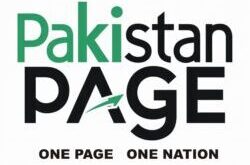Experts urge innovation, policy support, global collaboration for climate action
BAKU: The speakers of a panel discussion on ‘Industrial Decarbonization and Climate Finance’ on Monday called for a multi-level approach to decarbonization, stressing the importance of innovation, policy support, and international collaboration to tackle climate change and unlock new economic opportunities for Pakistan.

